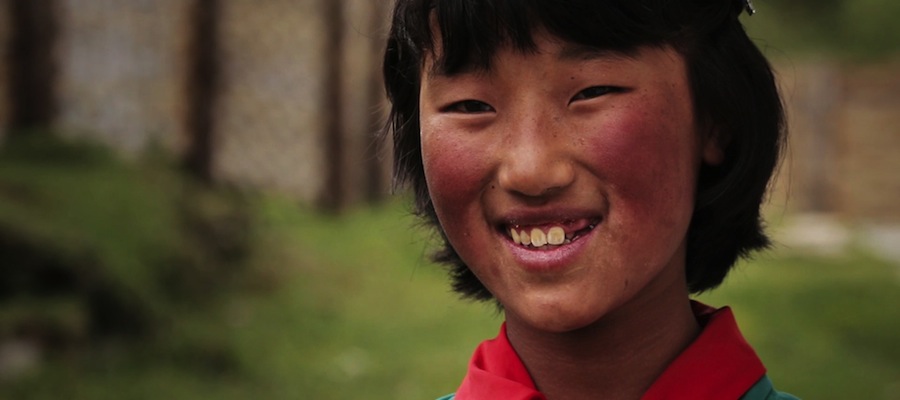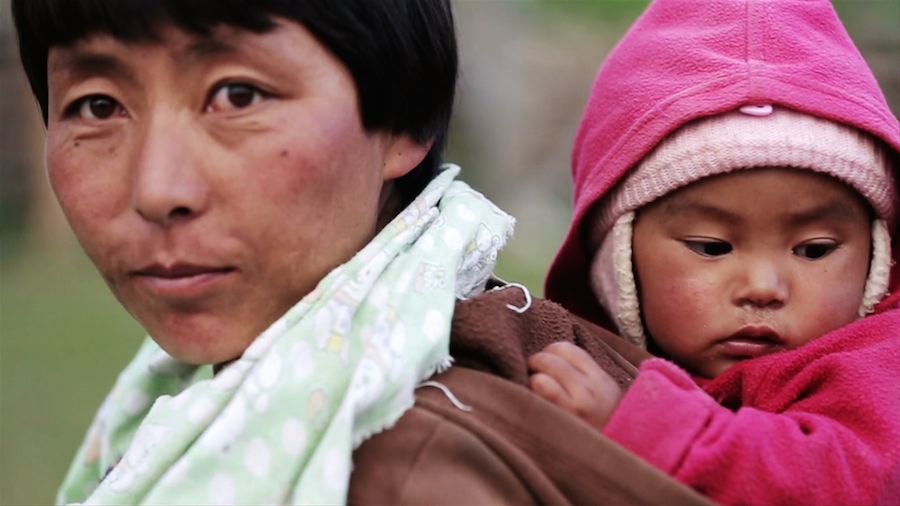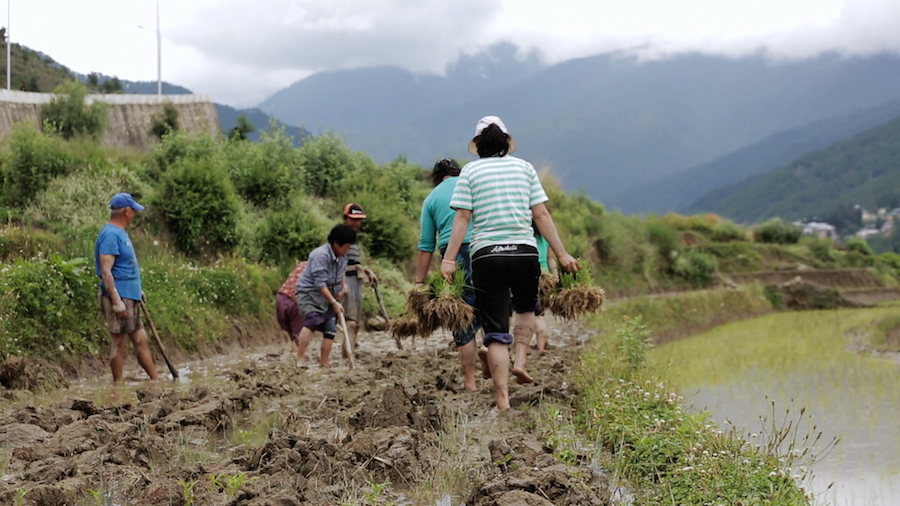
“My parents are farmers. They don’t know how to read and write,” said 10-year-old Thinley Pelzom, from rural Bhutan. Growing up in this extremely remote Himalayan Kingdom, access to education is limited for villagers like her: 36% of public schools are not accessible by road, and around half of Bhutanese adults are illiterate.
On Sept. 8, International Literacy Day, we invite you to join us in celebrating the people around the world who are learning to read, regardless of their age.
Thinley is part of a global challenge that many people don’t realize exists: more than 86% of the world’s 907 million illiterate people are adults. That’s roughly equivalent to the entire population of Europe (east and west combined). What’s more, 17% of children in the developing world will not enroll in primary school, which means that they need another way to get an education.
Watch this video to learn how READ Global is working to end illiteracy in rural Asia:
This International Literacy Day, help villagers like Thinley and her parents. Just $100 teaches someone to read, $50 buys 25 books for a READ Center, and $25 provides educational games & toys for kids. Donate today.
Share this video with your family and friends!
When parents can’t read, they can’t take care of their families in simple ways – like reading a bottle of medicine for their kids, or keeping track of how much money is in their family’s savings. Job prospects for illiterate people are usually limited to working the farm or in the home, making it difficult to lift their families out of poverty.
Because Thinley’s parents are illiterate, they didn’t understand the value of reading and Thinley grew up unable to read at the same level as her peers.

For kids like Thinley, chances are they’ll grow up illiterate like their parents. 17% of children in the developing world will not enroll in primary school because they don’t have access to one or can’t afford it, or because they have to help out with farm work. In Thinley’s country, 36% of public schools are not accessible by road, and around half of adults are illiterate.
Families like Thinley’s need an alternative means of learning to read, and there is a simple but innovative solution: the local community library.
READ Centers offer an integrated approach to community-wide education in South Asia, giving everyone – young and old – the opportunity to learn to read, gain new job skills, and access critical information. There was only one public library in the entire country of Bhutan before the we established a READ Center in Thinley’s village in 2008.

The course of a country’s future can depend on something as simple as whether or not its people can read.
“If our people are not reading, Bhutan as a nation can not really move forward,” READ Bhutan’s Country Director, explains, “Reading is about knowledge, it’s about ideas. If we have ideas, we’ll have great leaders. If we have ideas, we’ll have great policy makers.”
Despite the progress we have made towards literacy, 53% of South Asia remains illiterate – including children and adults. That’s more than 480 million people who could be taking better care of their families, and becoming leaders in their communities. A majority live in rural areas that lack access to information and educational resources.
One of those villagers is Thinley. Today, Thinley is an avid reader at her local READ Center and helps teach other kids to read. She is part of the ‘Junior friends of the Library’, a group of children that help the library organize and conduct activities for children their age in their community. When she grows up, she wants to be a teacher.
This International Literacy Day, help villagers like Thinley and her parents. Just $100 teaches someone to read, $50 buys 25 books for a READ Center, and $25 provides educational games & toys for kids.




